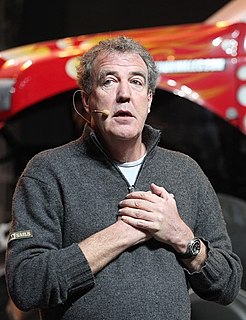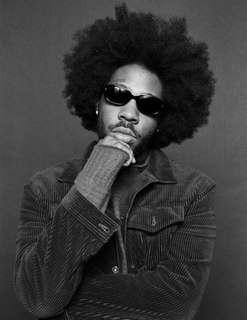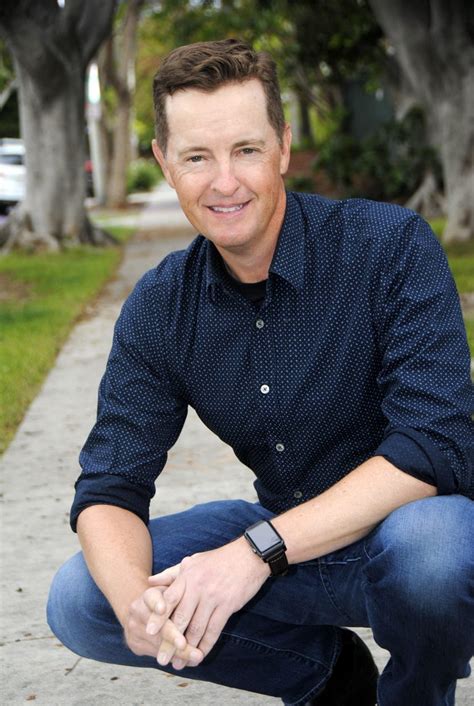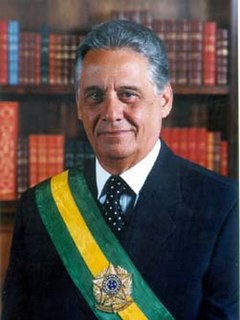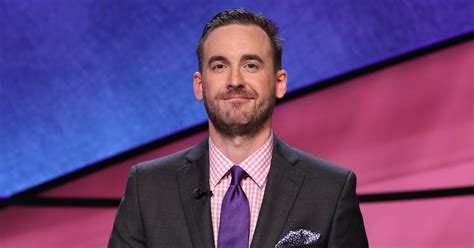A Quote by Max Brooks
When I was 16, the first book I ever actually purchased with my own money, in fact, and had read on my own time was 'Hunt for Red October' by Tom Clancy.
Related Quotes
She can take a year to read something, whereas I like a book that becomes more important in my life that life itself. When I was in the middle of 'Red Storm Rising' by Tom Clancy - which was not selected for the Man Booker shortlist - you could have taken my liver out and fed it to the dog. And I wouldn't have noticed.
The first comic I can remember ever reading was a 'Fantastic Four' issue that my dad bought out of the drugstore once. The thing that struck me about it was that the ending wasn't an ending. It was essentially a cliffhanger. It was the first time I had ever read anything like that, where you read a book, but the book isn't the book.
I learned to read a little in my primer, to write my own name, and to cypher some in the three first rules in figures. And this was all the schooling I ever had in my life, up to this day. I should have continued longer if it hadn't been that I concluded I couldn't do any longer without a wife, and so I cut out to hunt me one.
Tom’s aunt Georgie spoke to me first, and Tom found me through her. At the time, I didn’t actually think Tom was a big enough character to carry a story. If it had to be anyone from Saving Francesca, I thought, it would be Will Trombal or Tara. But the line in Francesca, ‘I want to be the first male in the Mackee family to reach 40 and still have a liver’ stuck with me, and in the end, Tom has been one of the biggest surprises. I’m glad I didn’t kick him out of my head.
The foundation of our belief is a basis of fact - the fact of the birth, ministry, miracles, death, resurrection by the Evangelists as having actually occurred, within their own personal knowledge it was therefore impossible that they could have persisted in affirming the truths they have narrated, had not Jesus actually rose from the dead, and had they not known this fact as certainly as they knew any other fact.
My last point about getting started as a writer: do something first, good or bad, successful or not, and write it up before approaching an editor. The best introduction to an editor is your own written work, published or not. I traveled across Siberia on my own money before ever approaching an editor; I wrote my first book, Siberian Dawn, without knowing a single editor, with no idea of how to get it published. I had to risk my life on the Congo before selling my first magazine story. If the rebel spirit dwells within you, you won't wait for an invitation, you'll invade and take no hostages.
The second book, which was probably more from a professional standpoint - when I read Junot Díaz's Drown, I was like, Oh my god, you can write these stories and people will actually read them beyond your own little community. This guy's book is blowing up and it seems like [he's writing about] the neighborhood that I grew up in. That was a big deal. I read that in graduate school, so that's when I was really taking writing seriously, but I didn't know you could do it. I didn't know you can actually be an author. It was a weird epiphany.
If I had followed my own rules - if I had eaten my own dog food - I would have created a digital book that is searchable and linkable, that can be corrected and updated and discussed and passed around. But I took my publisher's advance money. Hey, dog's gotta eat. The book publishing industry still works - for now - because it adds value with editing, promotion, sales, and cash.


